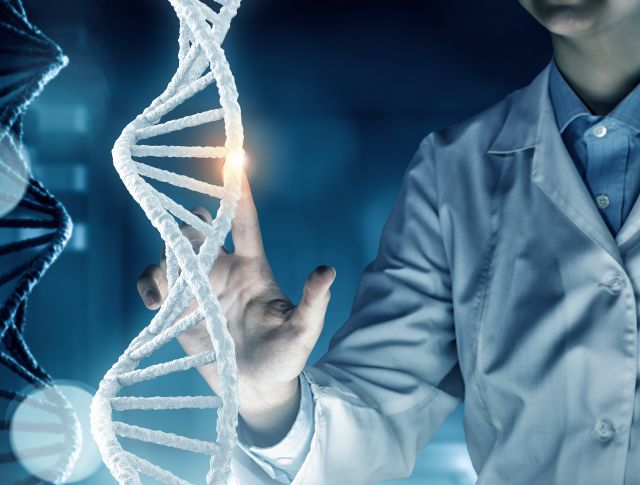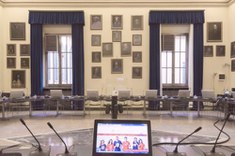Lactic Acid Bacteria and the Fight Against Rare Genetic Diseases Fondazione Telethon Funds a project of the University of Bologna

Fighting CDKL5 deficiency disorder—a severe and rare neurodevelopmental condition—by using lactic acid bacteria as biofactories for the in vivo production of therapeutic proteins is the core of the project funded by Fondazione Telethon and led by Professor Elisabetta Ciani from the Department of Biomedical and Neuromotor Sciences at the University of Bologna.
The University of Bologna's project is one of four selected in Emilia-Romagna in the fourth round of the Multi-round call, through which Fondazione Telethon has allocated over €900,000 in the region and €6.35 million nationwide, thanks to donations from citizens supporting research on rare genetic diseases. With this latest allocation, more than 3,000 projects have been funded by the Foundation since its inception.
One of the most promising therapeutic strategies for monogenic diseases, which result from the absence of a specific protein function, involves restoring the activity of the missing protein through protein replacement therapy.
However, this approach requires invasive administration methods, such as intravenous, subcutaneous, or direct injections of the therapeutic protein into the target region. Additionally, the high production costs of recombinant proteins, which are often difficult to manufacture in vitro, pose another challenge—especially considering that such therapies must be continued throughout the patient’s lifetime.
Strategies that enable the production of the protein directly within the patient’s body could help overcome these obstacles. If proven effective, this approach would provide the first evidence that lactic acid bacteria represent a promising and safe alternative for the delivery of recombinant proteins in the treatment of neurological diseases.
The Multi-round call for proposals by the Telethon Foundation was launched in 2021 to allow researchers seeking funding to submit their projects on four occasions over three years, with the option to revise and resubmit them in light of the expert commission's comments in case of a negative evaluation. For this third round of the call, the evaluation of individual projects was entrusted to the Foundation's Medical Scientific Commission (CMS), composed of 28 members, who were supported by 199 external reviewers.






